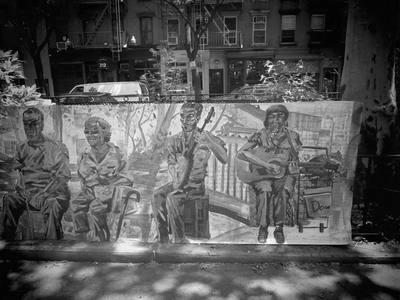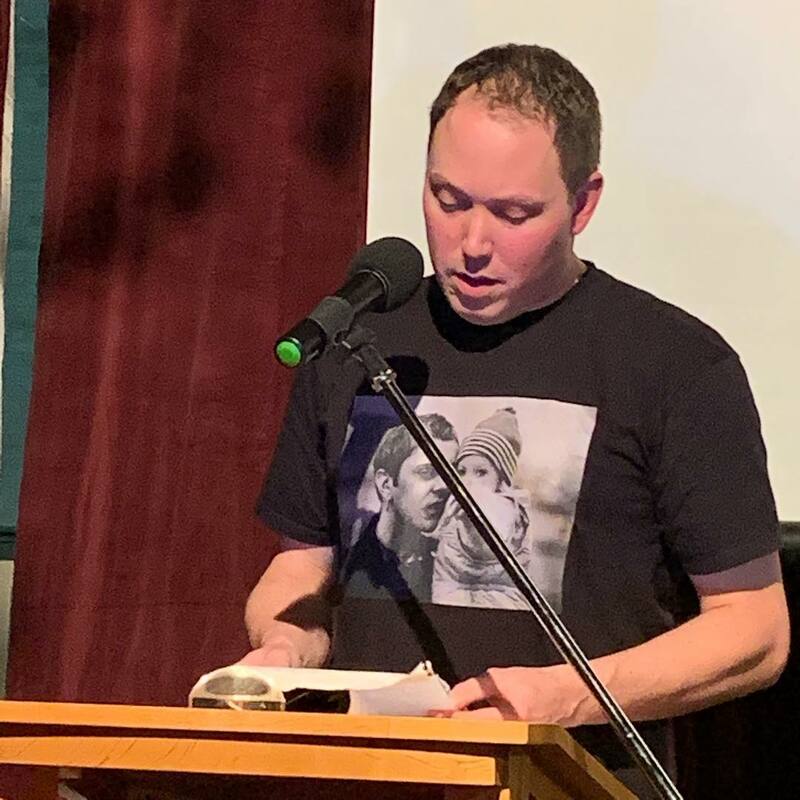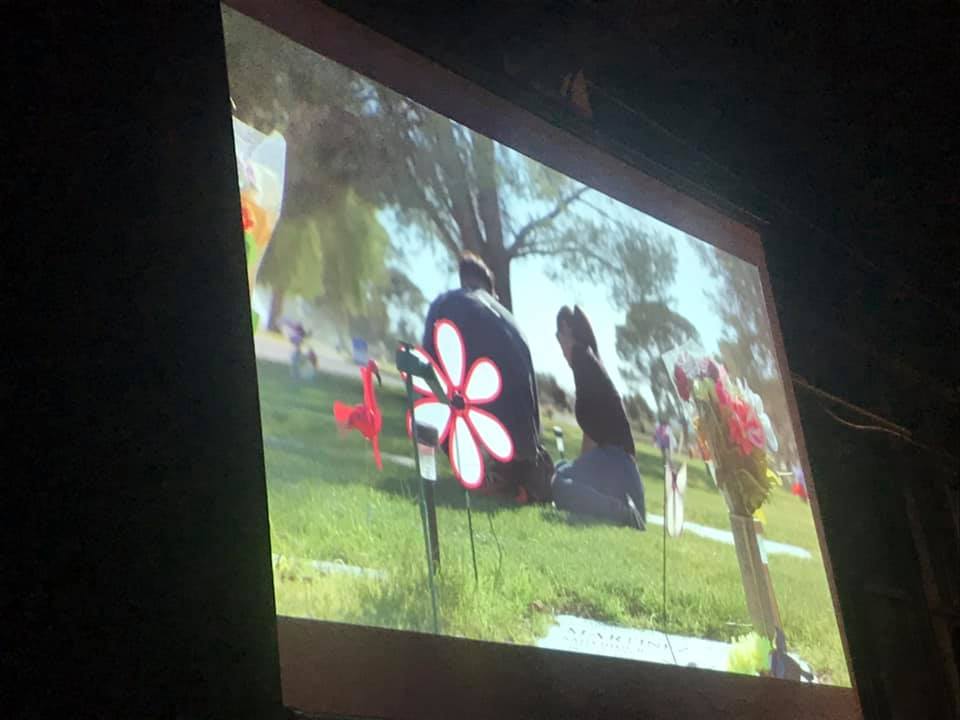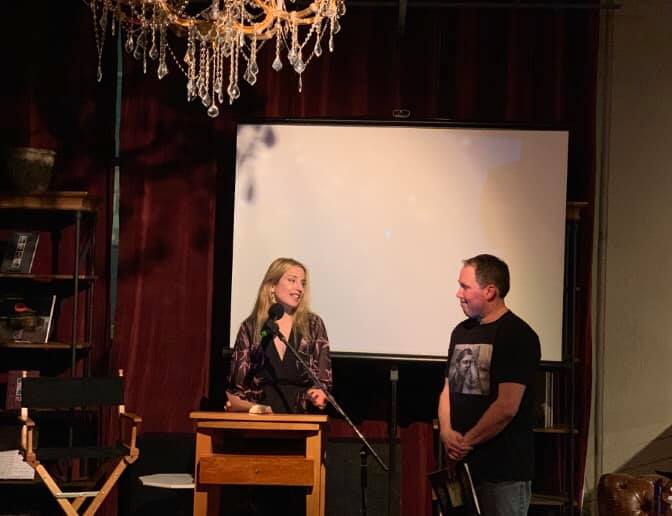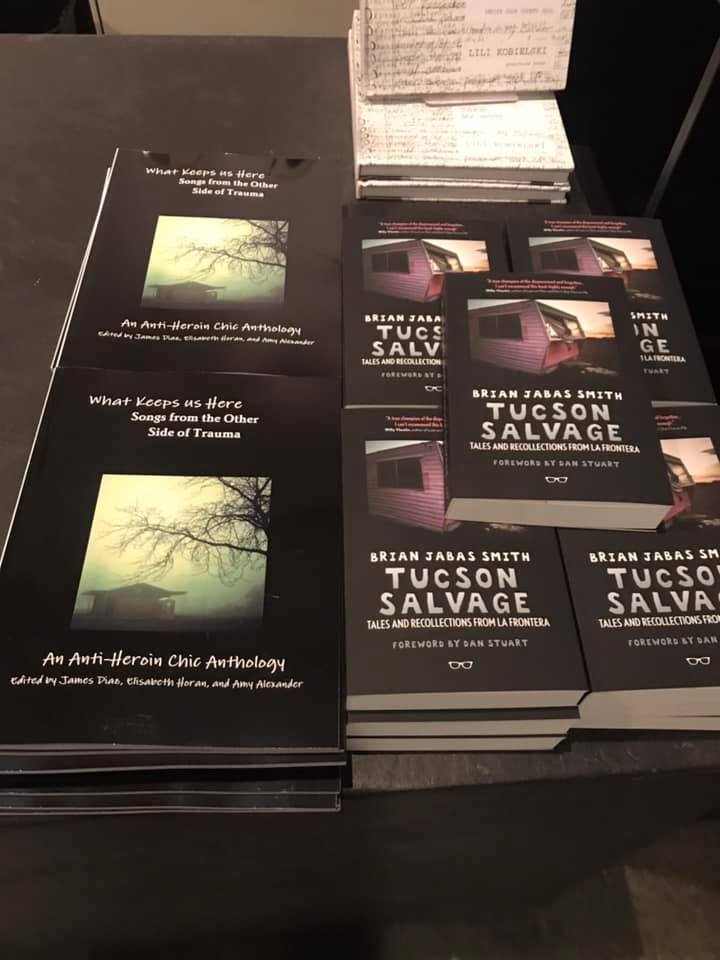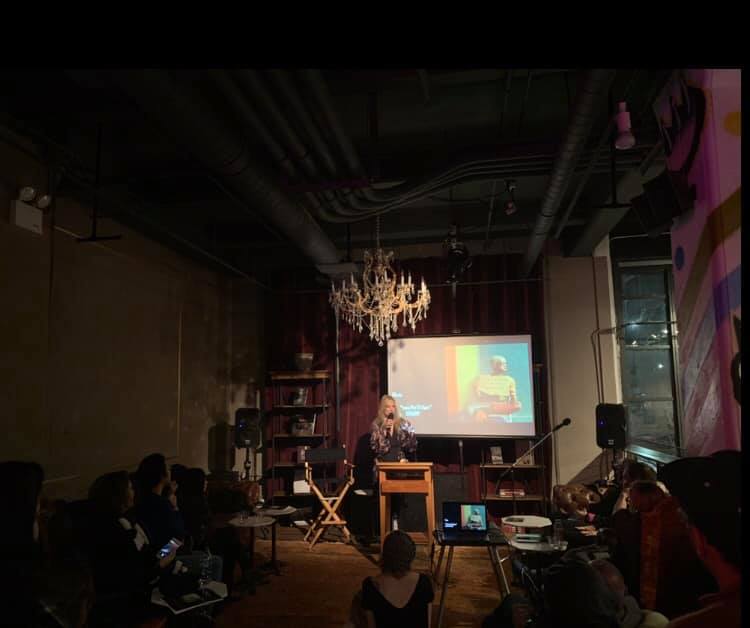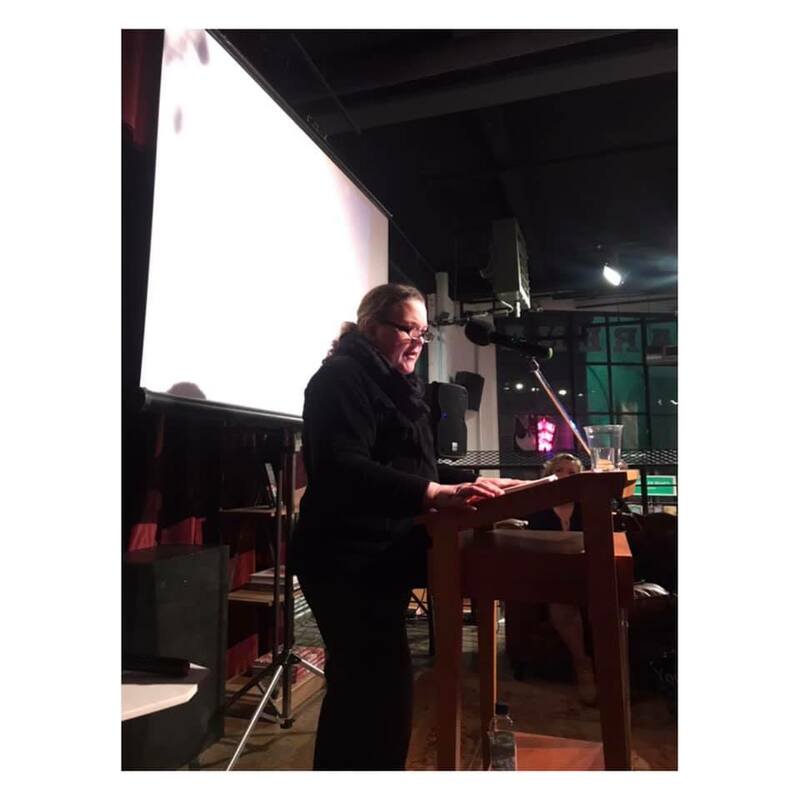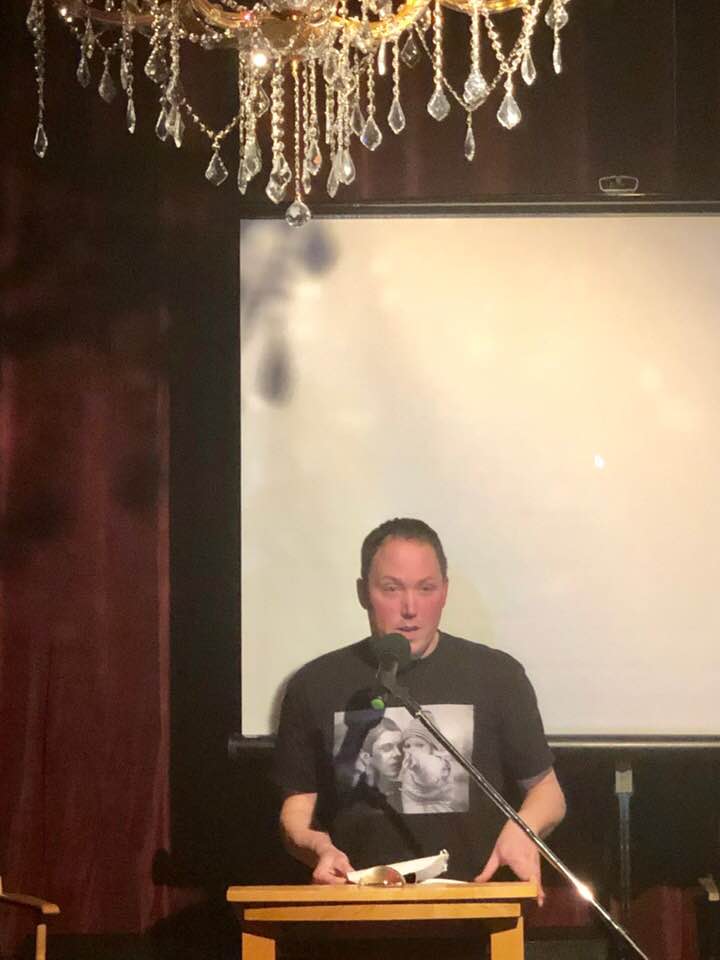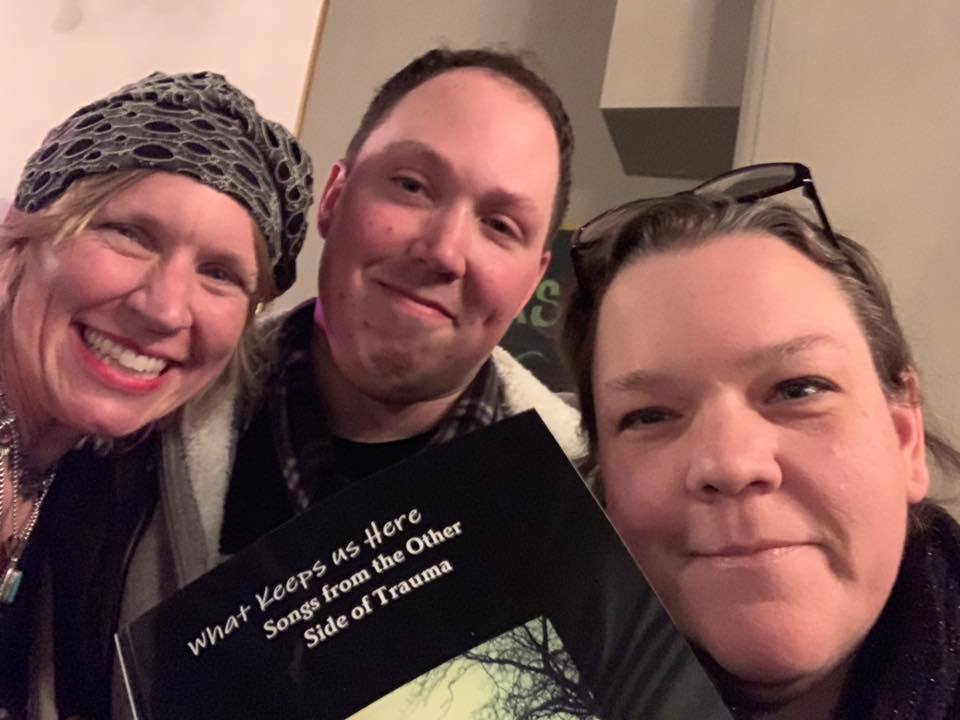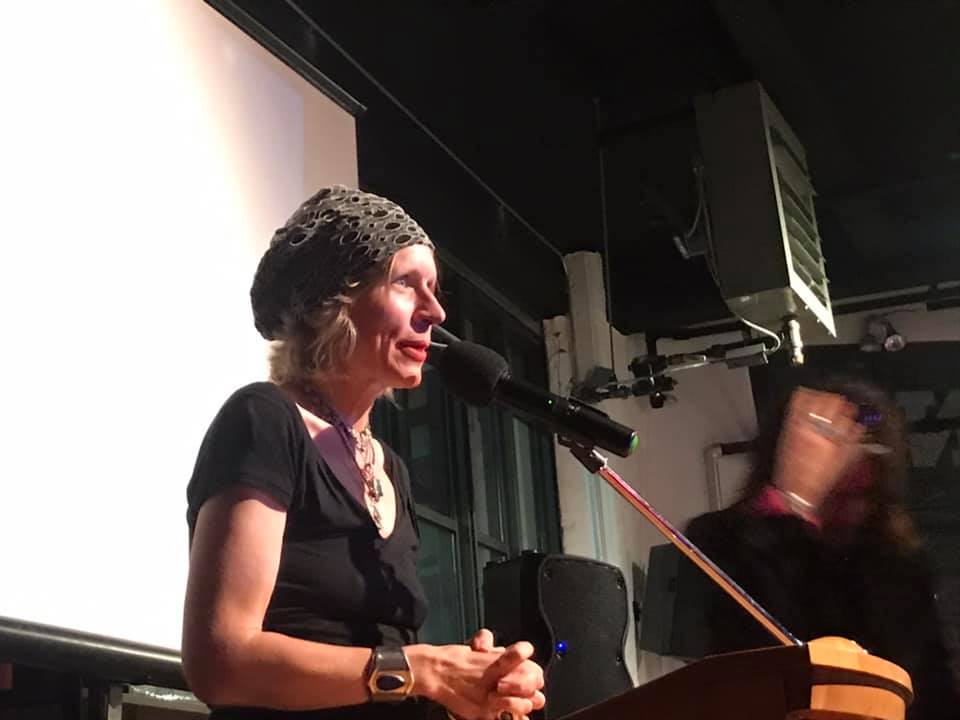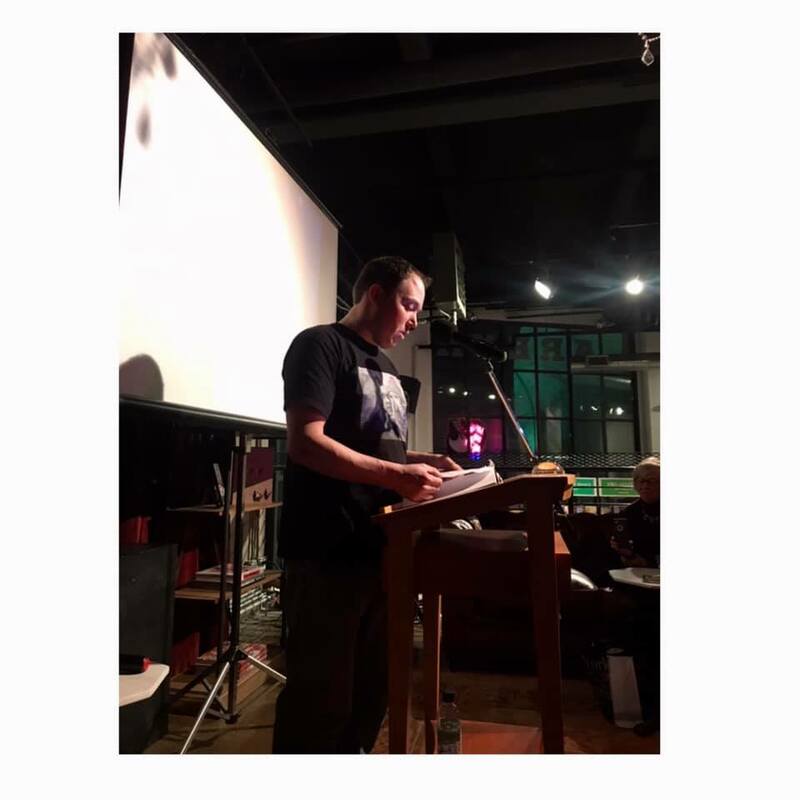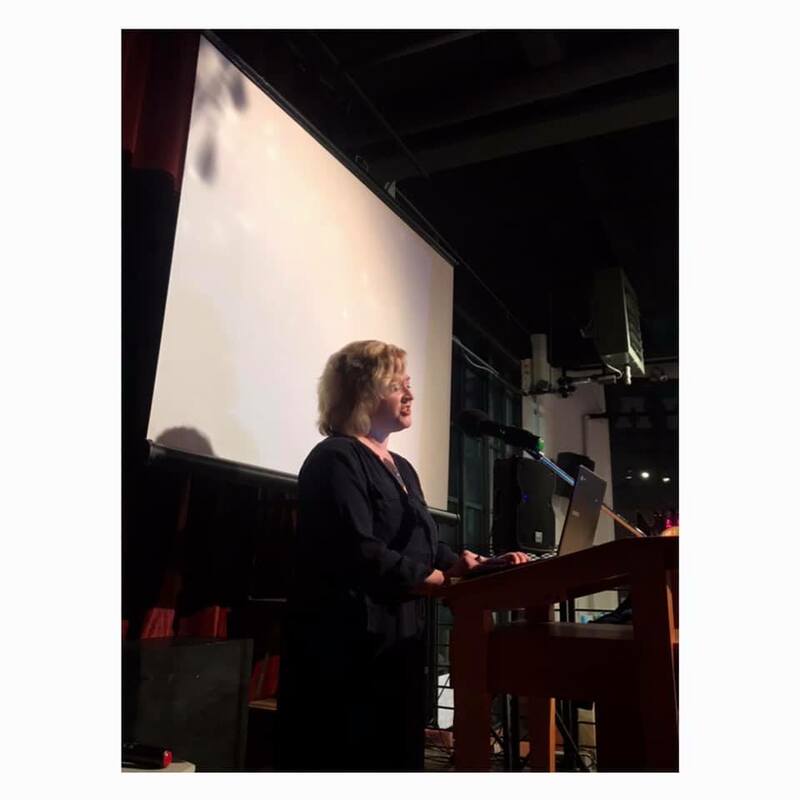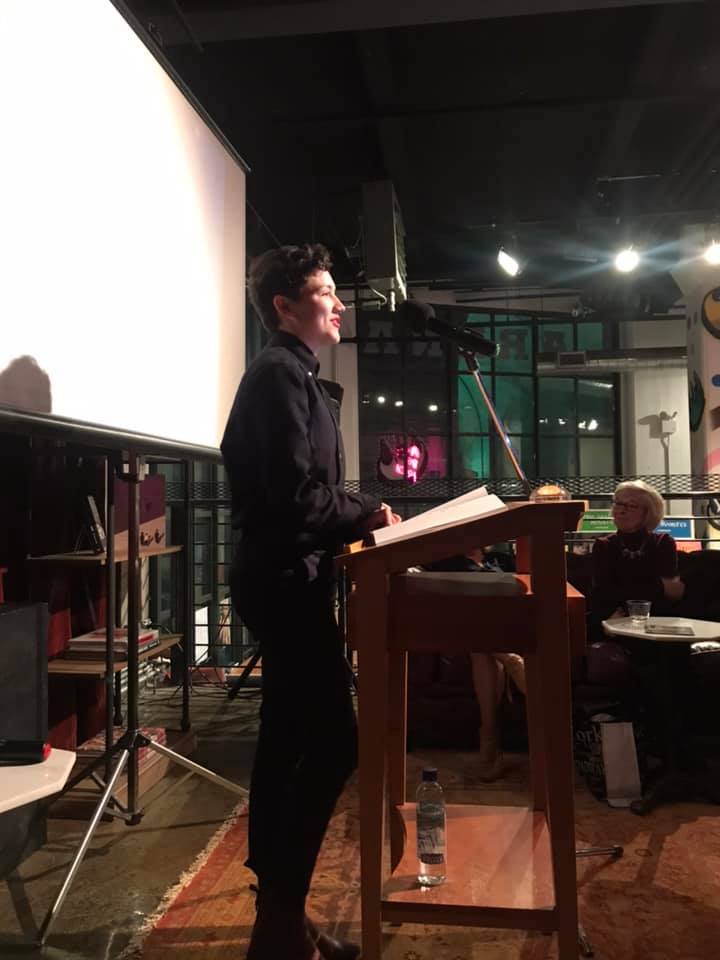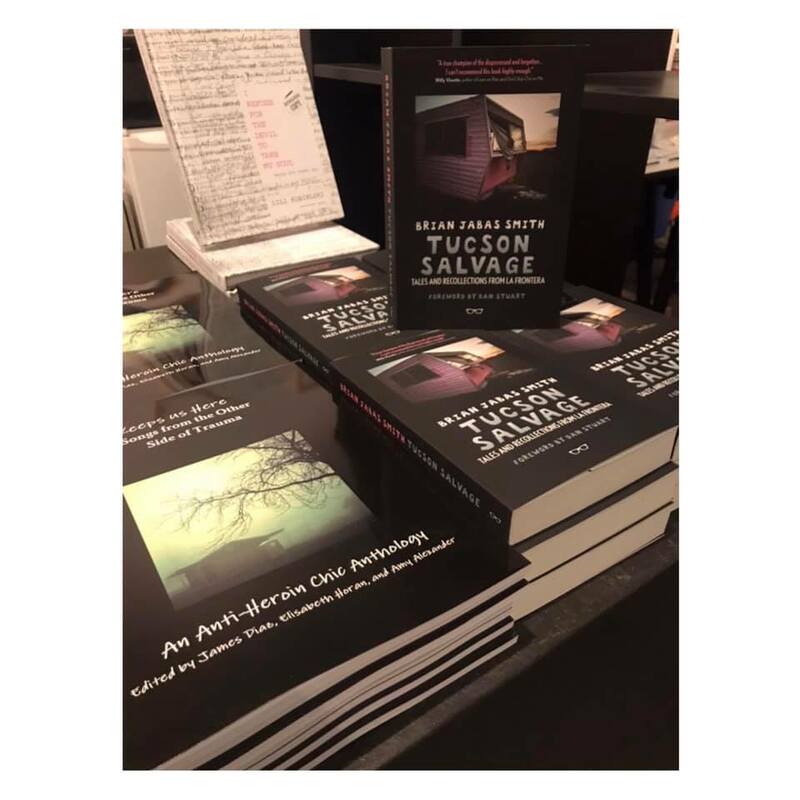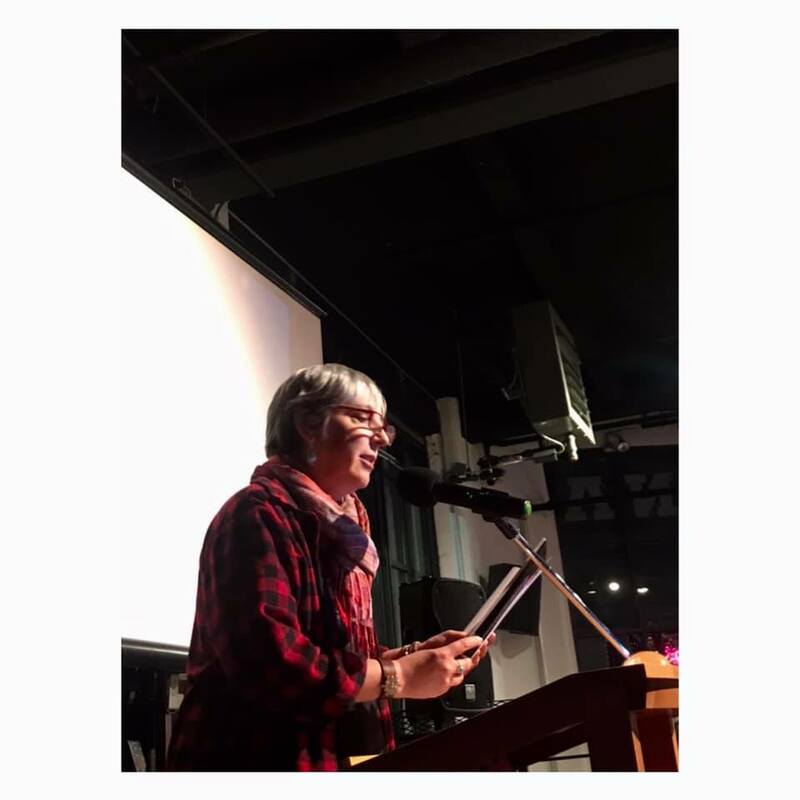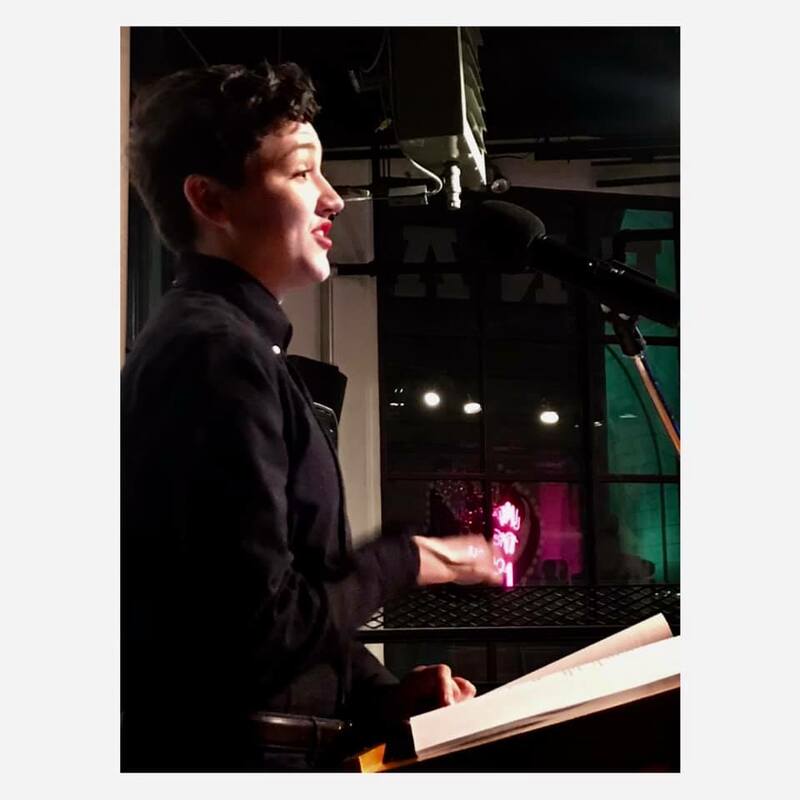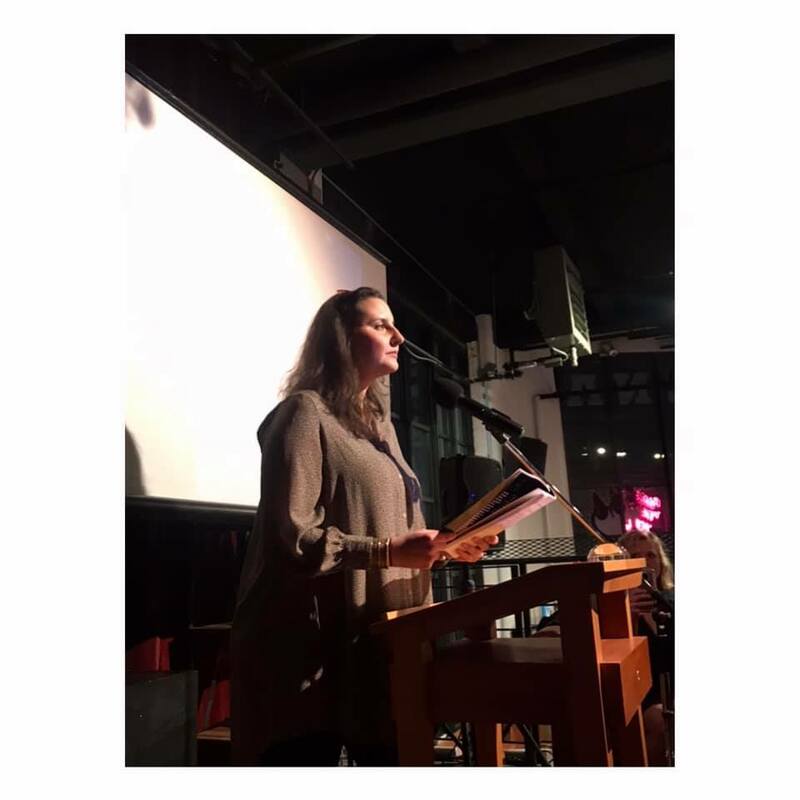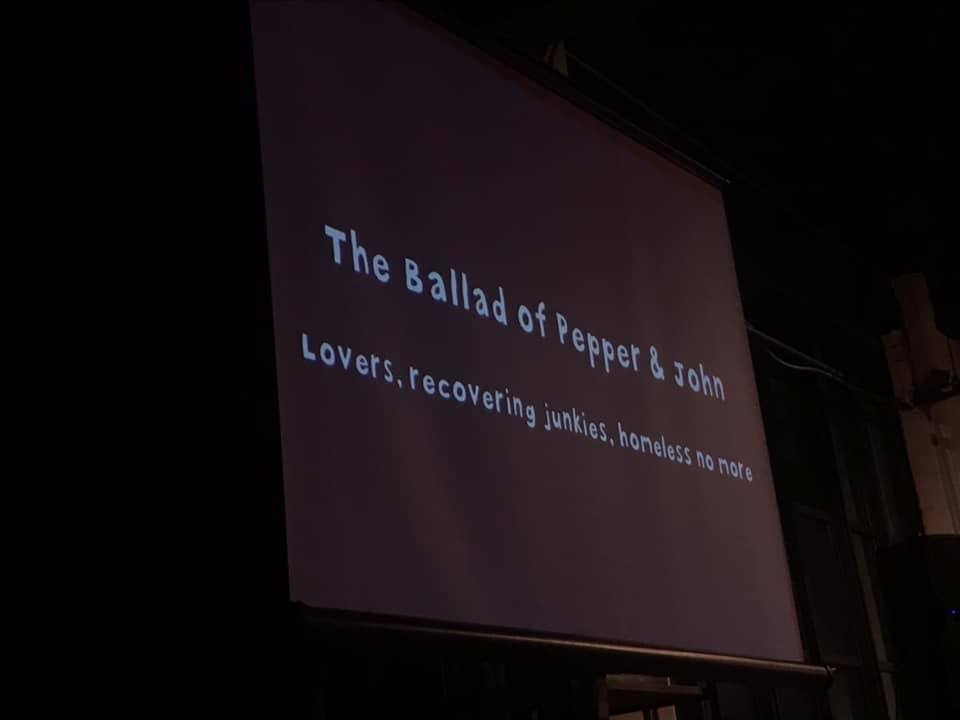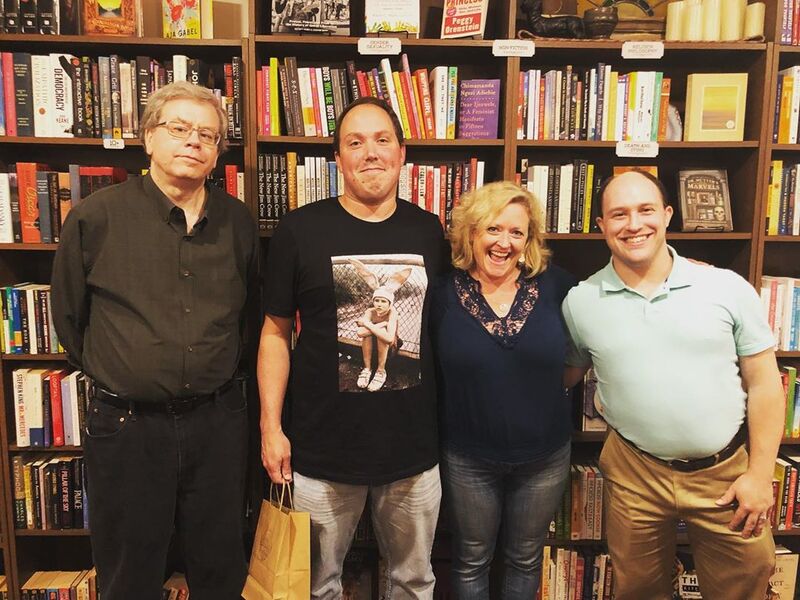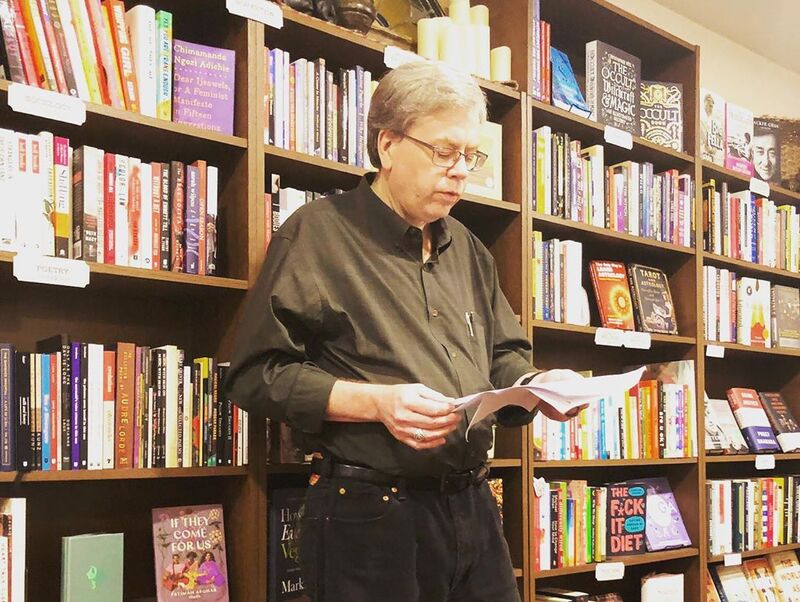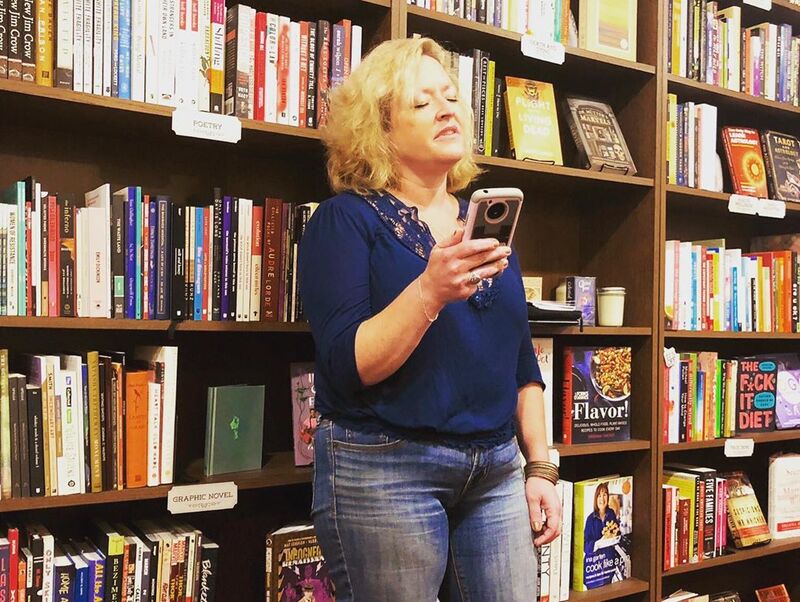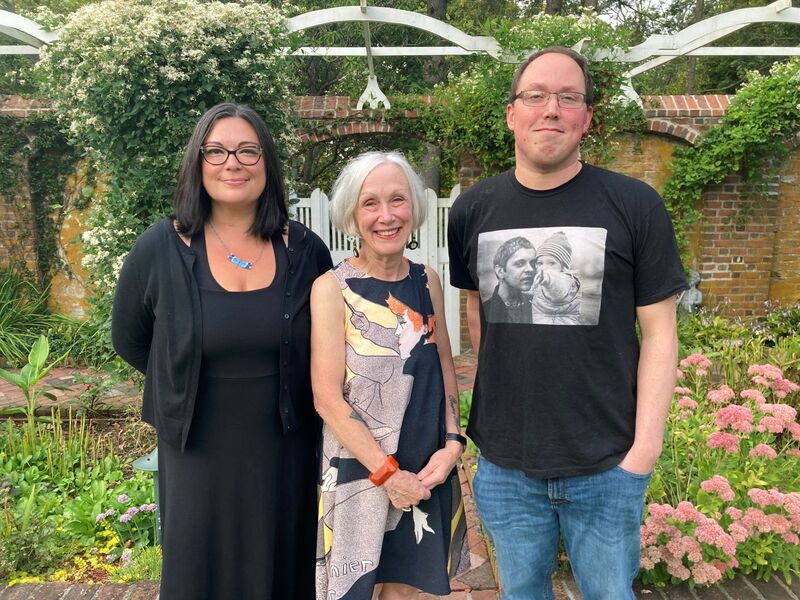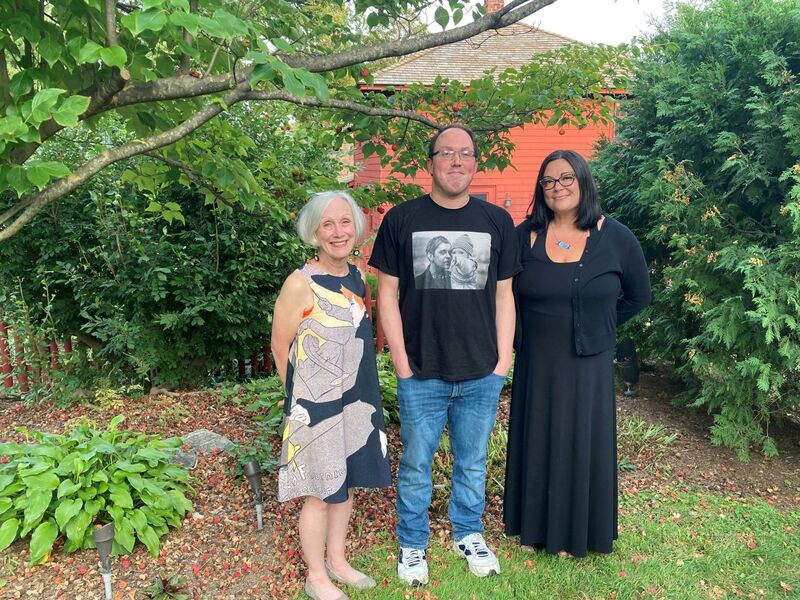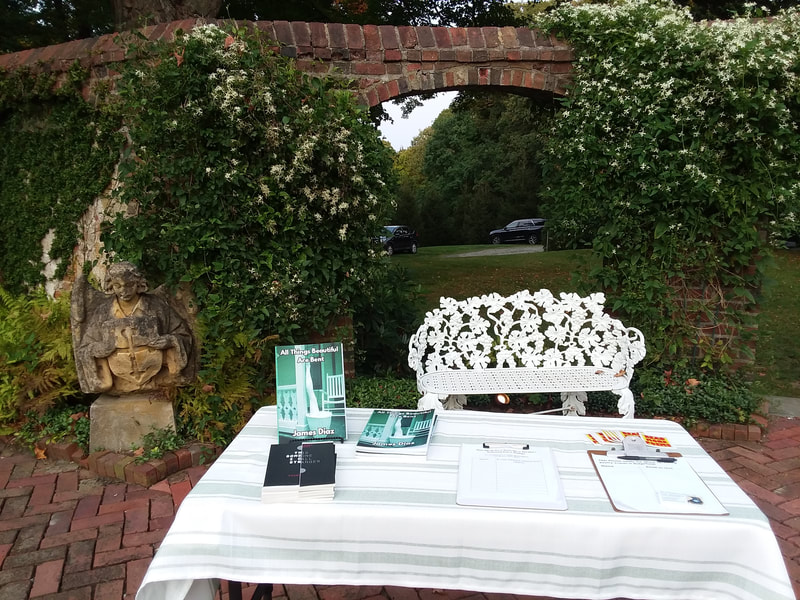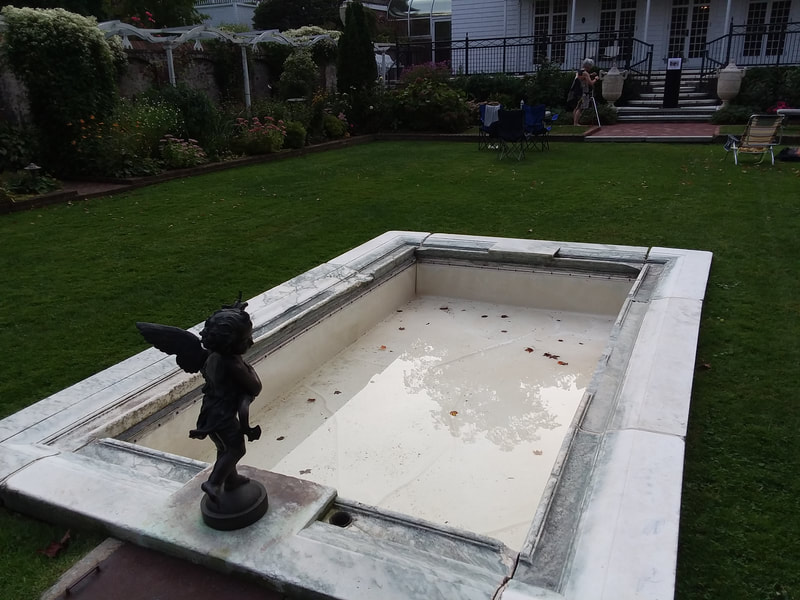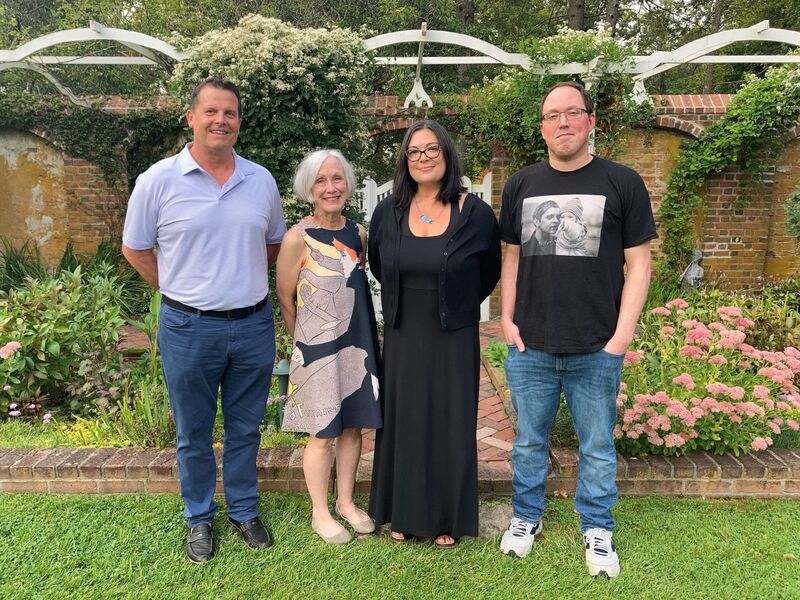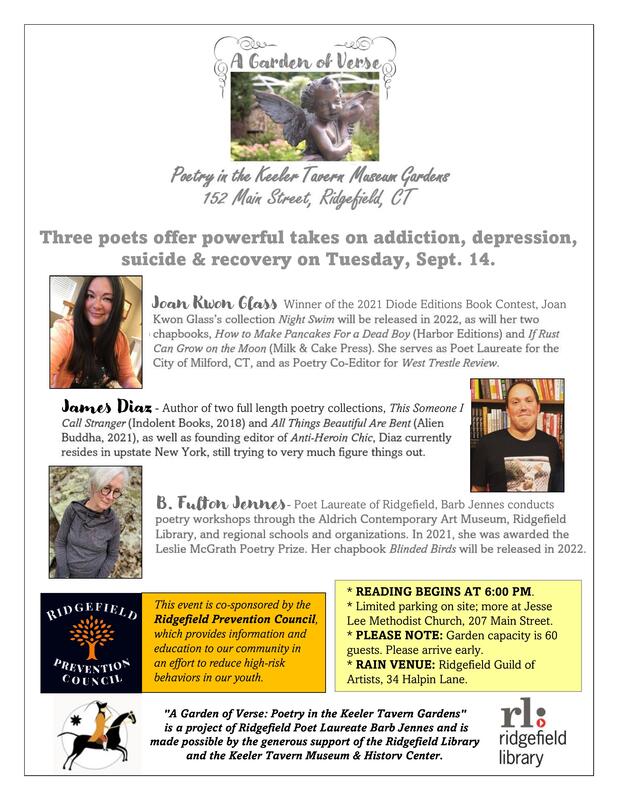James Coleman
James Diaz
More Testimonials:
|
"When you find yourself outside in the dark breaking bottles against the side of the house (or wanting to), then you are ready for James Diaz’ fine first collection "This Someone I Call Stranger" His poems both arise from and lift one out of pain, exploring "the trembling and the fault line of the trembling" within each of us. They do so in a language that is both straightforward and conversational, seeking to be understood. Reading through these brave poems, you feel as if you are sitting knee to knee with a close friend, engaged in uncensored revelation and mutual consolation.
While voicing anguish, Diaz’ narrators are never pitiable, nor does he allow the suffering self to wallow. The poems in his collection celebrate the many ways one deflects this hunger to self-destruct. In fact, they are part of the work of metamorphosis and transmutation, answering a question Diaz, himself, poses: "Where does it all go / the necessary-unnecessary losses?" Many of the poems feel elegiac, perhaps honoring those unable to lift themselves from addiction, mental illness, or self-harm. Diaz goes out of his way to approach and spend time with each sufferer. He doesn’t expect people to put on a brave face. Or if they do, he witnesses what’s beneath it: "the secret is, no one is human, / but they know how to do human so well." -Devon Balwit (How The Blessed Travel) |
"In literature, explorers of bleak places at times paint words on a canvas so dark, that at first glance you view scattered bright embers only in passing. In reflection, they burn so brightly that you don’t know how you could have ever missed the beacon. This is the nature of poetic insight.
This is how James Diaz crafts a poem. Elements of love, friendship, roots of shared fate entwine in themes that run deep beneath the surface of hard living and shoot tendrils that hone in on the light, even when that light is something in a half-remembered anecdote. There is nothing telegraphed here. You will feel that Diaz the writer is as surprised by the place the words have arrived as is the reader. This is when writing is at its most effective, —as it occurs, the purest form of sharing. And that the things that get us by are almost never things pursued, but the byproduct of perseverance and simple kindnesses. Diaz expresses gratitude without platitudes or found formulae. These are poems that encompass the specific themes of addiction and recovery, relationship and loss, but the writing never feels narrowed in their treatment. There is a universality here that will resonate in anyone who has encountered hardship or known struggle —and those many who may not have yet resolved the focus of hope, but have recognized a glint on the horizon… that hope exists, and that’s where you start." -Jessica Brant (Blognostics) |
***
Yes, there is rich sadness here, and, yes, moments are filled with a heart held together with stitches, and, yes, there are moments when you swear James Diaz has been sleeping under your bed. Yet between the orphans and ghosts, the abandonments and unrequited loves, the poems of perfect imperfect endings, we learn how a little internal hum is all it takes to keep us safe, and how love in silence can be more powerful than any goosebumps from any epistle or song of love. This is stunning work from James Diaz, one who knows well the doomsdays inside wild rides of innocence and who, thankfully, lived to make a better world for it through these words. --- Brian Jabas Smith, author of Spent Saints & Other Stories and Tucson Salvage, Tales and Recollections From La Frontera.
***
How do two souls love one another amidst brokenness where the giving of the whole self is already fractured? So lies at the heart of James Diaz’s All Things Beautiful Are Bent where two lovers attempt to save the self by loving the other—grasping what used to be, what still can be, and maybe in this reaching for wholeness, wholeness was there all along inside the tiny broken pieces. For those who have ever loved with injured wings, or whose wings themselves were injured, Diaz reveals to us the longing to be loved unconditionally, where the bent do not need to be reshaped nor are they irreparable. Rather, it’s in the bending that lays bare what we surrender in order to love, be loved, and most importantly, be understood. --Elsa Valmidiano, author of We Are No Longer Babaylan
Yes, there is rich sadness here, and, yes, moments are filled with a heart held together with stitches, and, yes, there are moments when you swear James Diaz has been sleeping under your bed. Yet between the orphans and ghosts, the abandonments and unrequited loves, the poems of perfect imperfect endings, we learn how a little internal hum is all it takes to keep us safe, and how love in silence can be more powerful than any goosebumps from any epistle or song of love. This is stunning work from James Diaz, one who knows well the doomsdays inside wild rides of innocence and who, thankfully, lived to make a better world for it through these words. --- Brian Jabas Smith, author of Spent Saints & Other Stories and Tucson Salvage, Tales and Recollections From La Frontera.
***
How do two souls love one another amidst brokenness where the giving of the whole self is already fractured? So lies at the heart of James Diaz’s All Things Beautiful Are Bent where two lovers attempt to save the self by loving the other—grasping what used to be, what still can be, and maybe in this reaching for wholeness, wholeness was there all along inside the tiny broken pieces. For those who have ever loved with injured wings, or whose wings themselves were injured, Diaz reveals to us the longing to be loved unconditionally, where the bent do not need to be reshaped nor are they irreparable. Rather, it’s in the bending that lays bare what we surrender in order to love, be loved, and most importantly, be understood. --Elsa Valmidiano, author of We Are No Longer Babaylan







